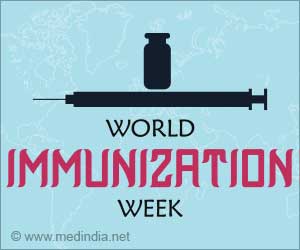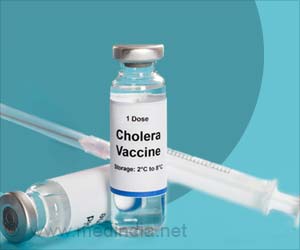This is great news for those troubled with high levels of dangerous cholesterol in their blood.
In a novel study, researchers evaluated the effectiveness of an experimental drug, AEGR-733, in six patients with a genetic and rare ailment, that causes the body to store bad cholesterol. The drug proved extremely beneficial in reducing blood-cholesterol levels by 51%, turning out to be the most promising in the heap of prevalent cholesterol-lowering drugs."Anything that lowers cholesterol to a substantial degree in these patients is exciting," says lead author Daniel Rader of the University of Pennsylvania.
The condition, termed as familial hypercholesterolemia, is an indication of "bad" cholesterol, or LDL at abnormal levels - 400 to 600 milligrams per deciliter of blood. If the LDL levels are cut down even by 50%, it can extend the life span of patients, researchers said.
The drug functions by blocking blood fats in the liver. But the flip side to this drug is, that it could cause the liver to store up fat, which could trigger scarring and cirrhosis. The magnitude of risk may actually be slight in patients who portray a very high level of LDL cholesterol, and may not live to experience middle-age in absence of cholesterol cutting drugs.
Anne Goldberg of Washington University said, "Untreated, very few people survive past 30. You start seeing heart attacks in children as young as a year and a half. If it really produces that much of a drop in cholesterol, and there's not a big increase in fat in the liver, it could be quite valuable."
In this study, patients consumed four different doses of the drug, with each dose spread over four weeks. The finding revealed that the drug could effectively cut down LDL by 51%, triglycerides by 65% and total cholesterol by 58%. Only two patients showed minimum traces of fat in the liver. The participants did not experience any side-effects. Nevertheless, researchers felt that more research is required to completely comprehend the risks.
Advertisement
SAV







